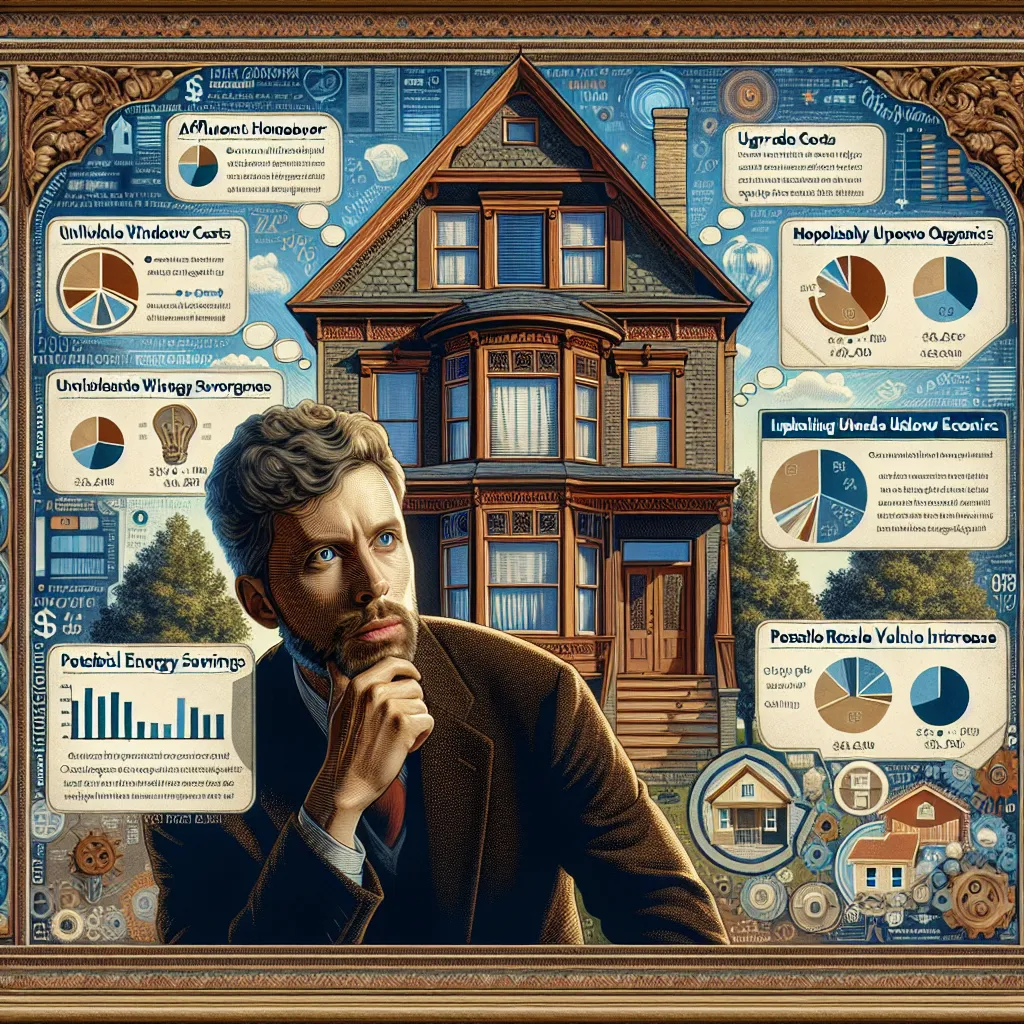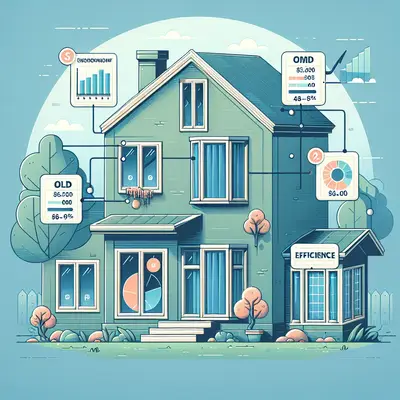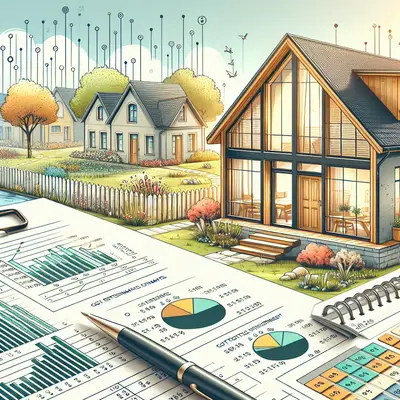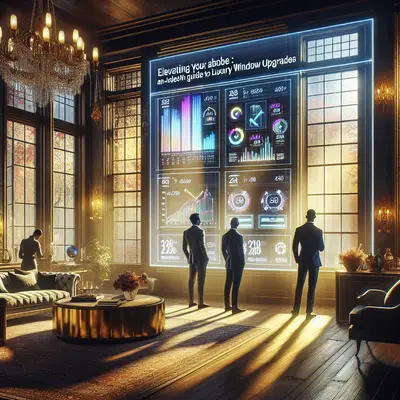Embarking on a window upgrade journey can be an exhilarating adventure, but it also requires astute financial planning and a comprehensive understanding of the investment dynamics involved. This article delves into the intricate labyrinth of window upgrade economics, offering five exclusive insights that will illuminate your path to a successful investment.
The Lure of Longevity
Upgraded windows offer an undeniable allure of longevity. With superior durability and advanced construction, they are structured to withstand the test of time. While the initial investment might seem substantial, the long-term financial benefits from reduced maintenance and replacement costs can be a significant boon for the discerning homeowner.
Energy Efficiency: A Hidden Treasure
Embracing energy-efficient windows is akin to discovering a hidden treasure. These marvels of modern engineering not only reduce your carbon footprint but also slash your utility bills, creating a win-win situation. The initial cost of these windows is offset by the ongoing savings on energy bills, making them a wise investment for the environmentally conscious and cost-savvy homeowner.
The Aesthetic Advantage
The aesthetic advantage of upgraded windows cannot be overstated. They enhance the visual appeal of your property, contributing to its overall market value. This 'curb appeal' factor is often underestimated in cost analysis but can yield substantial returns should you decide to sell your property in the future.
The Comfort Quotient
The comfort quotient offered by upgraded windows is a less tangible but equally important factor to consider in your cost analysis. The superior insulation and noise reduction features provide a serene and comfortable living environment. While it may not directly translate into monetary terms, the enhanced quality of life is an invaluable return on your investment.
Insurance Reductions
Upgraded windows can lead to reductions in home insurance premiums. Many insurance companies recognize the additional security features of upgraded windows and reflect this in their pricing. This is another subtle way in which window upgrades can provide financial benefits in the long run.
Conclusion
Window upgrade economics is a nuanced symphony, with various elements harmonizing to create a melody of financial benefits. The initial investment in window upgrades can seem daunting, but when evaluated with a discerning eye, the long-term financial rewards become evident. The lure of longevity, energy efficiency, aesthetic advantages, the comfort quotient, and potential insurance reductions combine to create an opulent opus of potential returns. Therefore, for the refined homeowner, window upgrades represent not just an expense, but a wise and rewarding investment.



